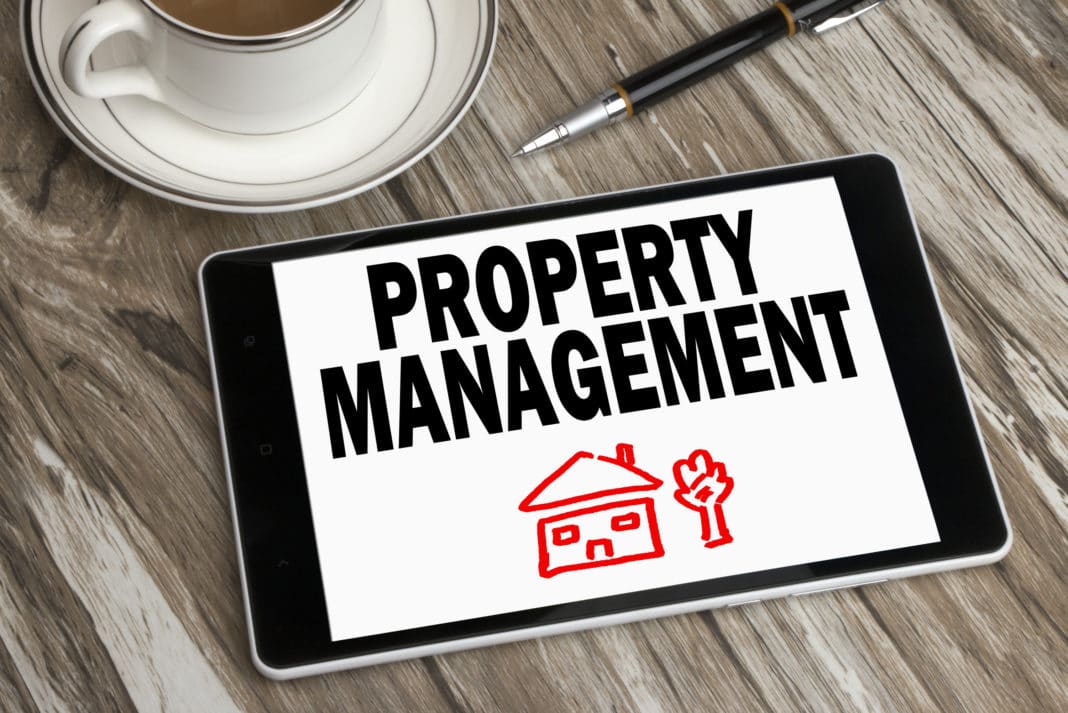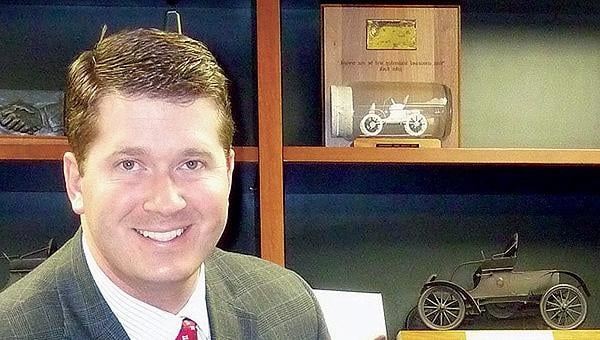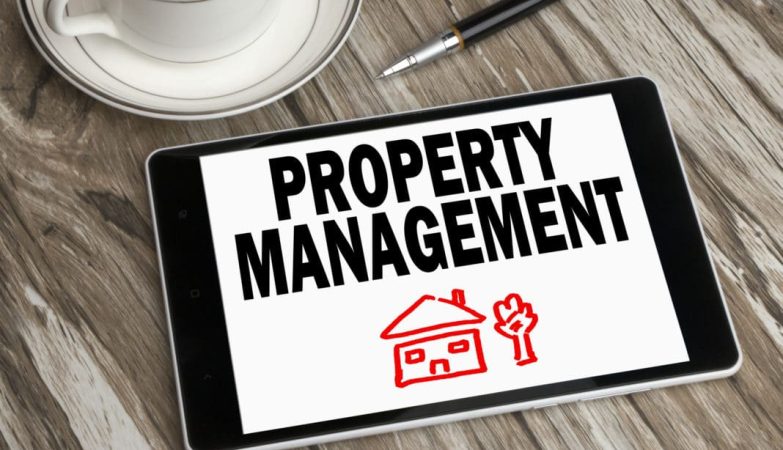The way property owners and managers handle maintenance issues has a direct impact on the leasing and turnover of a rental property. As per Kanat Sultanbekov, the quality of property maintenance, as well as the speed of response to tenant complaints and requests is among the key factors influencing lease renewals. Delaying or neglecting maintenance requests may lead to tenant frustration and cause them to look for a new place to live.
Kanat Sultanbekov mentions a few important components of long term rental property maintenance
A comprehensive rental property maintenance plan would comprise of regular inspections and maintenance tasks that help make sure that all aspects of a property are in a good condition. This plan must include both interior and exterior maintenance tasks, ranging from checking for leaks to conducting routine cleaning and landscaping. Implementation of a proper rental property maintenance plan allows property owners and managers to address issues proactively before they become a major problem, ultimately saving both money and time in the long run.
Long term rental property maintenance would involve:
- Assessing the property needs: Property managers need to carry out a thorough inspection of the rental property in order to identify potential maintenance issues and areas of concern. Such inspections must be carried out on a regular basis, in order to identify and address issues before they become a bigger and costlier problem. Property managers must have a proper system in place for documenting the findings and creating a checklist for consistent assessments.
- Prioritizing maintenance tasks: Maintenance tasks for the property have to be categorized on the basis of urgency and importance, to see to it that the most critical concerns are addressed first. This would help in preventing any safety hazards or further damage. Efficiently categorizing and prioritizing maintenance tasks can help in a more effective allocation of manpower and resources, thereby lowering the chances of disruptions to the property and ensuring its overall upkeep.
- Creating a maintenance schedule: Property managers must develop a maintenance timetable for routine tasks like HVAC servicing and gutter cleaning, as well as seasonal activities like landscaping and pool maintenance. Planning ahead for preventive maintenance can help in preventing major repairs and costly emergencies.
- Building a network of reliable contractors: Apart from finding skilled and reliable professionals in their respective fields, property managers also need to negotiate service agreements and contracts to define clear expectations and responsibilities. They must try to build a network of trustworthy contractors to make sure that any maintenance issues or repairs can be promptly and efficiently addressed.
- Communicating with tenants: Having a system for tenants to report maintenance issues is essential for all rental properties. Property managers need to set up clear communication channels for tenants to submit maintenance requests. They also must respond promptly to all requests and handle concerns appropriately. Informing tenants about planned maintenance activities and any potential disruptions they may cause is also important for tenant satisfaction.
As per Kanat Sultanbekov, property managers must also establish a dependable emergency response plan for urgent maintenance needs and establish protocols for handling emergencies like water leaks and power outages. Every tenant must be provided with emergency contact information, and should have a good understanding of what to do if something goes wrong.





